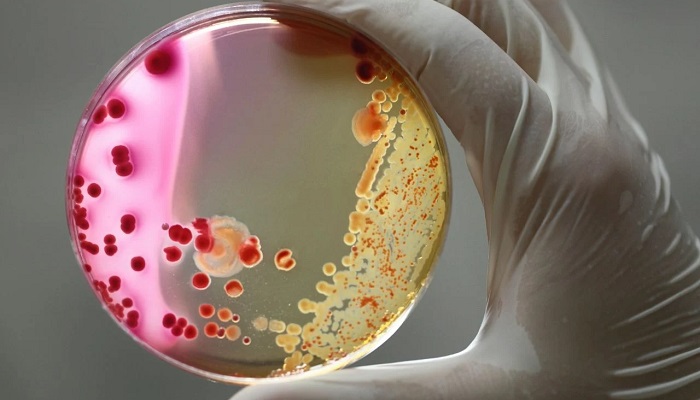McMaster University and Massachusetts Institute of Technology scientists leverage artificial intelligence to uncover a novel antibiotic named abaucin. This breakthrough has the potential to combat a dangerous drug-resistant bacterium, Acinetobacter baumannii, which affects vulnerable hospital patients. A. baumannii is known for its resilience and ability to acquire antibiotic-resistant genes from other bacteria. Traditional methods of screening for antibiotics against A. baumannii have been challenging, time-consuming, and limited in scope. However, AI algorithms can rapidly explore vast chemical spaces, increasing the chances of finding novel antibacterial compounds.
Abaucin is a promising discovery as it specifically targets A. baumannii, reducing the risk of the pathogen developing drug resistance and potentially leading to more precise and effective treatments. Unlike broad-spectrum antibiotics that harm the gut microbiome and increase the likelihood of serious infections, abaucin’s targeted approach is favorable. This breakthrough validates the advantages of using machine learning in the search for new antibiotics. AI methods allow for the exploration of extensive chemical space, significantly enhancing the discovery of fundamentally new antibacterial molecules. This approach to drug discovery is expected to continue evolving and becoming more refined.
The urgent need for new drugs to treat A. baumannii arises from its classification as one of the world’s most dangerous antibiotic-resistant bacteria by the World Health Organization. A. baumannii is notoriously challenging to eradicate and can cause pneumonia, meningitis, and wound infections, which may lead to death. It is primarily found in hospital settings and can survive on surfaces for extended periods. The pathogen has the ability to acquire DNA from other bacterial species in its environment, including genes associated with antibiotic resistance.
The discovery of new antibiotics through conventional screening methods has been challenging due to their time-consuming, costly, and limited nature. However, modern algorithmic approaches, such as AI, can access hundreds of millions, if not billions, of molecules with antibacterial properties. AI-driven approaches offer a significant advantage in rapidly discovering new antibiotics, potentially leading to reduced costs. This avenue of exploration for new antibiotic drugs is essential in light of the suboptimal nature of broad-spectrum antibiotics and the ability of pathogens to evolve and adapt to various treatments.



















